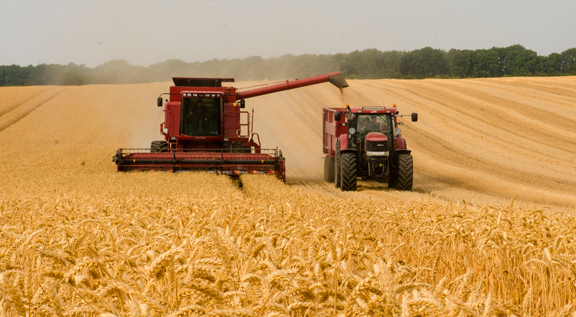
Image: Pixabay
Porto Alegre, May 12, 2022 – The executive president of the Brazilian Wheat Industry Association (Abitrigo), Rubens Barbosa, told Agência SAFRAS that the reduction to zero of the tariff on imports of wheat and wheat flour by 31 December was already expected and is positive for the industry. “We made a request to the ministry two or three weeks ago and this is what happened.”
Last Wednesday morning, Barbosa gave an exclusive interview to Agência SAFRAS, when he said he would contact the ministry to demand a position. Late yesterday afternoon, in a new contact after the news of the tax suspension, the director commented on the coincidence and said that he sees “a political component” in the measure. “The president [Bolsonaro] is worried about inflation.”
According to the executive president of Abitrigo, the government's concern about the increase in prices of wheat derivatives, which are important consumer products for the Brazilian population, is now “welcome”. “Wheat and rice are the most important foods on the Brazilian table”, he highlighted.
{module Form RD}
The measure was announced on Wednesday afternoon by the Ministry of Economy. The federal government, through the Executive Management Committee of the Chamber of Foreign Commerce (Gecex/Camex), prioritized items that have greater impacts on the consumption basket of the poorest sections of the population, in order to help combat inflation, considering goods that are part of the National Consumer Price Index (INPC).
In the interview given in the morning, Barbosa regretted that the government did not carry out, in 2019, the National Wheat Policy, presented by Abitrigo to the Ministry of Agriculture. “The sector needs government support for a series of demands. Unfortunately, there was no medium and long-term strategic thinking; We always take care of immediate problems, which appear in times of crisis such as the pandemic and the war in Ukraine.”
Reducing the tax to zero reduces the cost of importing wheat by 9%, but does not eliminate the increase in the product. “Brazil buys a lot abroad and the price abroad remains very high. Supply is not threatened. The problem is the cost. And if the war continues, the cost of wheat will increase”, he projected.
Letec
Wheat, wheat flour, biscuits, biscuits and other bakery, pastry and biscuit industry products were included in the List of Exceptions to the Mercosur Common External Tariff (Letec). Letec is a tariff change instrument provided for in Mercosur, which allows member countries of the bloc to apply import tariffs different from those provided for in the Common External Tariff (TEC). Letec's changes are of a temporary and exceptional nature, always considering the conjunctural factors for their use.
Per: CROP & MARKET










